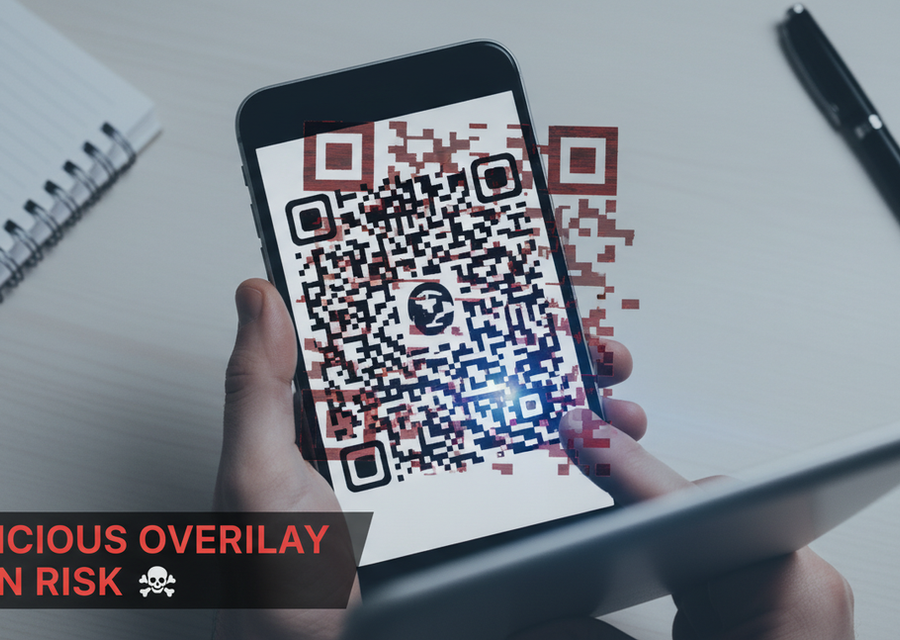Enhance Your ATM PIN Security: Debunking Myths and Real-World Protection
- THE MAG POST

- Sep 7, 2025
- 4 min read

The persistent myth of pressing the 'Cancel' button twice on an ATM to protect your PIN is a widespread misconception that lacks any grounding in security principles. Financial institutions and fact-checking bodies, including the Press Information Bureau (PIB) and the Reserve Bank of India (RBI), have consistently stated that this action offers no real security enhancement against PIN theft. This piece of misinformation, which resurfaced prominently a few years ago, unfortunately, leads many individuals to believe they are taking preventative measures when, in reality, they are not safeguarding themselves from sophisticated fraud techniques. Understanding the actual risks and implementing proven security practices is crucial for maintaining the integrity of your financial transactions at ATMs.
Debunking ATM PIN Security Myths
In the digital age, where financial transactions are increasingly commonplace, a persistent myth has circulated regarding ATM security. Many believe that pressing the 'Cancel' button twice before entering their PIN offers a layer of protection against PIN theft. This widely shared piece of advice, however, lacks any technical or empirical basis. The Press Information Bureau's (PIB) fact-check unit has explicitly debunked this notion, confirming that this action provides no added security and is not a recommended practice by the Reserve Bank of India (RBI) or any financial institution. The continued propagation of this misinformation, which gained traction around 2022 and 2023, unfortunately, leads many users to adopt a false sense of security, potentially making them more vulnerable to actual threats.
Understanding the 'Cancel' Button's True Function
The 'Cancel' button on an Automated Teller Machine (ATM) serves a straightforward purpose: to terminate an ongoing transaction. If a user decides to abandon a process midway, perhaps due to a change of heart or an error, the 'Cancel' button offers a quick exit. It is designed to reset the machine and clear any temporary data related to the incomplete transaction. Crucially, it has no influence on the security protocols that protect your Personal Identification Number (PIN). The button's function is purely operational, not protective against malicious actors seeking to steal your sensitive information. Therefore, relying on this button for security is akin to trying to lock your house by repeatedly pressing the doorbell – it addresses the wrong problem entirely.
Real-World Threats to ATM PIN Security
The actual threats to ATM PIN security are sophisticated and varied, ranging from physical tampering to digital interception. Skimming devices, small gadgets cleverly attached to the ATM's card reader, can capture your card's magnetic stripe data. Simultaneously, hidden cameras, often disguised as ordinary objects or strategically placed in overhead panels, can record you entering your PIN. Even unsuspecting onlookers, or 'shoulder surfers,' can discreetly observe your PIN entry. These methods bypass any supposed security benefits of pressing the 'Cancel' button and highlight the need for genuine vigilance rather than relying on unverified tricks. Understanding these real threats is the first step toward implementing effective countermeasures.
Implementing Robust ATM Transaction Practices
To effectively safeguard your PIN and financial data during ATM transactions, adopting practical and proven security measures is paramount. Always shield the keypad with your free hand or body when entering your PIN. This simple act significantly obstructs potential onlookers and hidden cameras. Before inserting your card, take a moment to visually inspect the ATM for any unusual attachments or loose parts, particularly around the card slot and keypad, which could indicate a skimming device. Opt for ATMs located in well-lit, high-traffic areas, preferably with functioning security cameras. Keeping your mobile banking app's SMS alerts active is also a critical safeguard, providing immediate notification of any transaction, allowing for swift action in case of unauthorized activity. Promptly reporting any suspicious findings or transactions to your bank is essential.
Cultivating a Secure PIN Management Strategy
Beyond the immediate transaction, maintaining a secure PIN management strategy is vital for long-term protection against ATM fraud. Never share your PIN with anyone, not even close friends or family, as this compromises its confidentiality. Regularly changing your PIN, ideally every three to six months, adds an extra layer of security, especially if you suspect your PIN might have been compromised. Avoid using easily guessable PINs, such as sequential numbers (e.g., '1234'), repeated digits (e.g., '1111'), or personal information like your birthdate or anniversary. Instead, opt for random combinations of numbers that are memorable to you but difficult for others to deduce. If your ATM card is lost, stolen, or retained by the machine, immediately contact your bank to block the card and report the incident. Proactive PIN management is a powerful deterrent against financial crime.
The Verdict: Vigilance Trumps Myths
In conclusion, the notion that pressing the 'Cancel' button twice on an ATM enhances PIN security is a persistent myth with no factual basis. The 'Cancel' button's function is limited to terminating transactions, offering no protection against the real threats of skimming, hidden cameras, or shoulder surfing. Effective ATM security relies on a combination of user vigilance, secure transaction practices, and robust PIN management. By adopting practical measures like shielding the keypad, inspecting the machine, choosing secure locations, and managing your PIN diligently, you can significantly reduce your risk of ATM fraud. Remember, in the realm of financial security, informed caution and consistent good practice are your most reliable defenses, far more potent than any unfounded digital trick.
Security Aspect | Mythical Practice | Effective Measure |
PIN Protection | Pressing 'Cancel' twice | Shielding keypad, using strong PINs, regular changes |
Machine Integrity | No specific action | Visual inspection for skimmers, choosing secure locations |
Transaction Security | Relying on 'Cancel' button | Active SMS alerts, immediate reporting of suspicious activity |
PIN Confidentiality | Sharing with trusted individuals | Never sharing PIN, avoiding easily guessable numbers |
Card Security | No specific action | Immediate reporting of lost/retained cards to the bank |
Overall Defense | Belief in the 'Cancel' button trick | Vigilance, awareness of real threats, consistent secure practices |






















































Comments